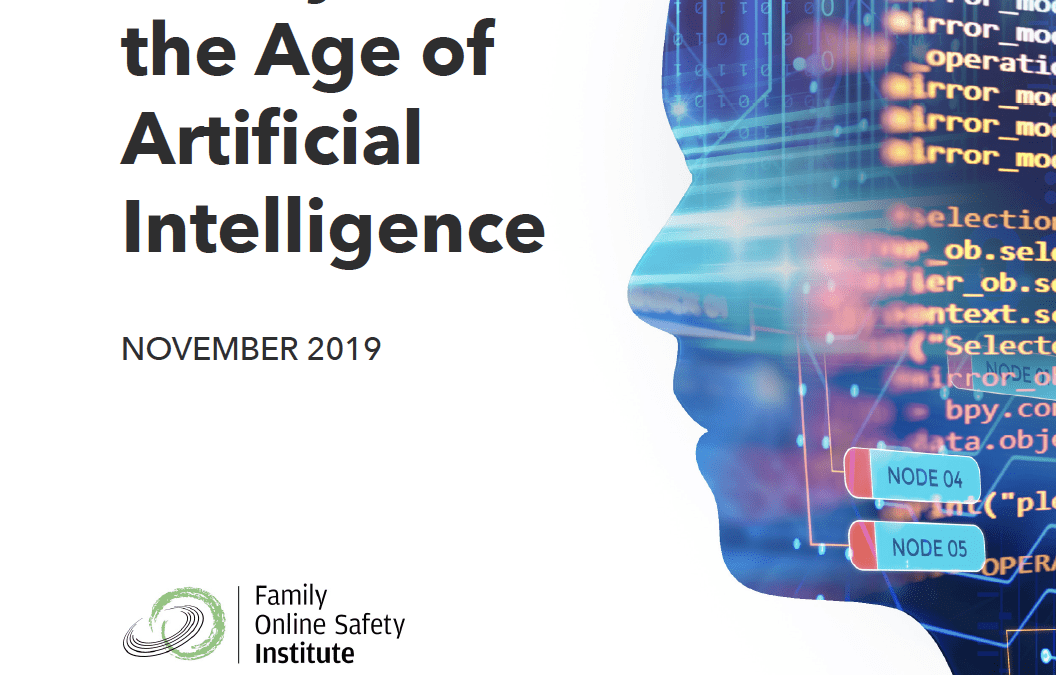![]()

With the rise of Artificial Intelligence (AI), consumers, businesses, and society confront unprecedented risks and opportunities for safety and security. Organizations often focus on the impacts to enterprise assets, product, and to the workforce, but what about AI’s impacts on the next generation– the “AI-native” generation?
As online and physical worlds converge, how do we protect, prepare, and project our kids into the future?
The digital safety risks our children face today, such as cyberbullying, predators, sextortion, phishing, and compulsive overuse are a top priority for families, and a growing imperative across many industries and technology companies. The rise of big data has already changed what online safety means, andubiquitous AI accelerates these trends. In our latest research, Kaleido Insights partners with the Family Online Safety Institute to look ahead, and analyze the future of artificial intelligence, its impacts on youth safety, and what we (all) can do about it.
This whitepaper analyzes the role of AI across both the online and physical world. We examine six AI-driven transitions, as well as their implications for safety risks AND opportunities that we must consider as we plan for the future of online safety.
In the online world, AI software will define the future of knowledge and decision-making:
-
- From chatbots to personal assistants: Empathic software assistants will increase our reliance on AI
- From standardized testing to personalized education: AI-powered education technology will scale access to personalized learning
- From job-based to skill-based labor: The future of work will demand adaptability and human-AI partnerships
In the physical world, AI-powered hardware will transform the interface of the Internet. As we shift from screens toward machines, they will increasingly read us in return:
-
- From disconnected homes to ambient computing environments: Our future homes will autonomously sense us and our needs
- From online games to real-world economies: Digital gaming will integrate with the physical world, and across sectors
- From dumb buildings to cognitive infrastructure: Schools will transform into big children’s data hubs
Based on a series of primary research interviews and secondary analysis, we analyze what lessons we’ve learned that can be applied forward. Second, we analyze the need for a cultural shift in how we safeguard technology: from a reactive, siloed approach to a proactive multilateral approach. Finally, we define and identify key responsibilities and actions towards a culture of responsibility, where government, law enforcement, industry, parents, educators, and kids work together. After all, as machine ‘intelligence’ integrates with every part of our world, including ourselves, we all have a role in shaping the governance and adoption of our future technologies.
Download the full paper here and please visit fosi.org to learn more. You can also access it under Kaleido Insights reports here.


